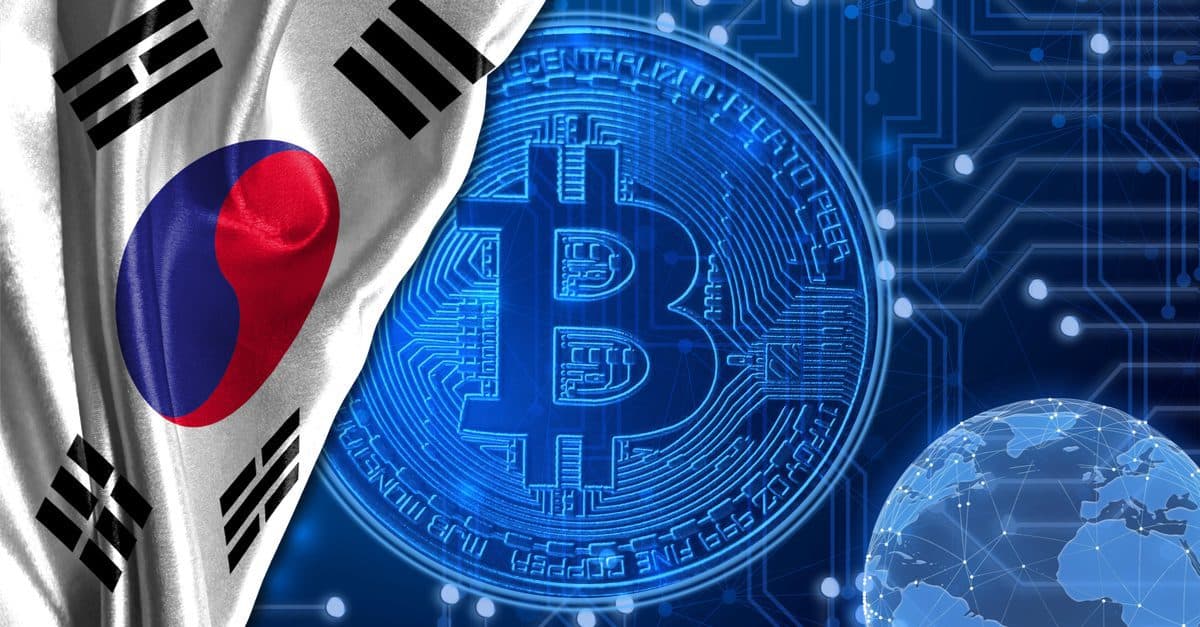Korean Regulator Says Banks Must Treat Crypto Exchanges as High Risk
New Orders from Korea FSC make it ‘more difficult’ for smaller exchanges to comply

Source: Shutterstock
- Korea’s financial regulator mandates exchanges comply with ID verification, AML procedures to maintain license
- Local industry expert says that authorities have stepped up the tempo in demanding compliance
Tightening regulation of Korea’s anti money laundering rules will mean that smaller exchanges can no longer compete on the market, says one Korea-based digital assets expert.
The Korea Times reported Sunday that the country’s Financial Services Commission, its financial regulator, said that banks should treat crypto exchanges as “high-risk” clients and be subject to strengthened ID verification requirements and transaction monitoring. Banks will be required to deny services to clients that haven’t onboarded the ID verification requirements, tying every account on their platform to a real, verified name.
Previously Korea’s regulator had said that exchanges must partner with a traditional bank in order to maintain fiat onramps. By September all exchanges must register as virtual-asset service providers (VASPs) and the regulator will examine each to determine if they are in compliance with local law. In turn, this has generated considerable interest in the Korean digital asset market from both domestic and international institutions as a way to give the industry scale to comply.
Oleg Smagin, Global Business Manager at Delio, a Korean cryptofinance platform, told Blockworks in an interview that the “rhetoric of the government has recently changed”. Because the corporate culture is so risk averse, he expects near universal compliance with these new rules but this might come at the cost of smaller exchanges.
“After the Financial Services Commission recommended strengthening the monitoring of crypto related transactions a few banks withdrew their plans to partner with crypto exchanges making it even more difficult now for second-tier exchanges to comply with regulations related to real-name accounts coming in September,” he said.
Smagin also said that the regulator’s assessment that digital assets have “no intrinsic value” and that “all local crypto exchanges may soon disappear” has also dampened enthusiasm in the market.
So far only four of the 60 crypto exchanges in the country are using the real-name accounts and would be considered in compliance with the law.
The largest exchange in Korea is Bithumb, which has just under $1 billion in daily volume according to CoinGecko.
Morgan Chittum contributed to this report.






